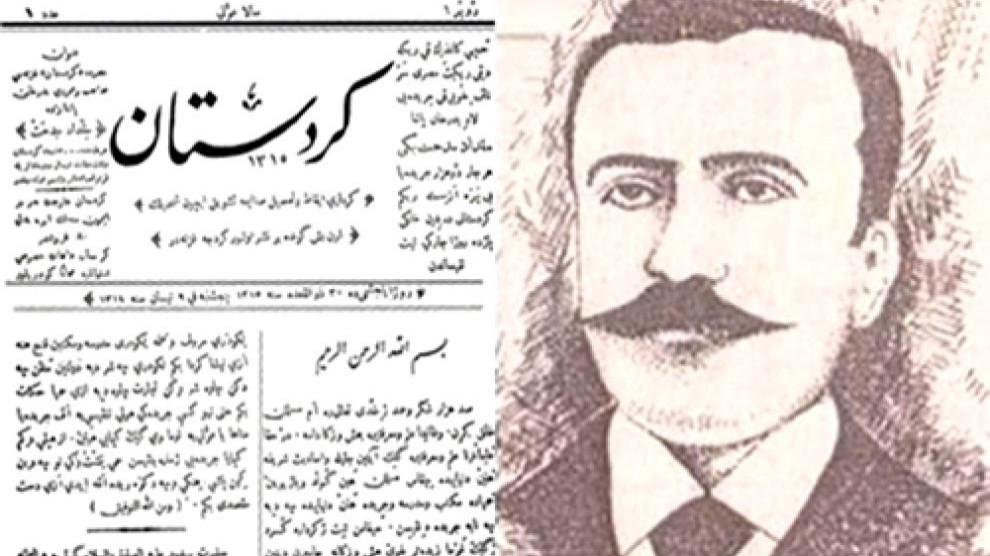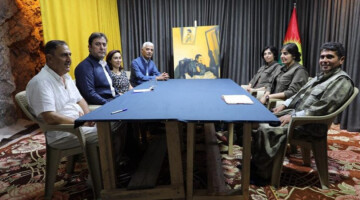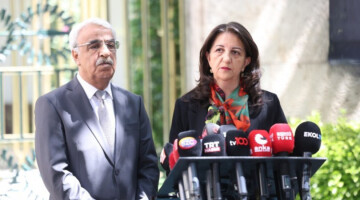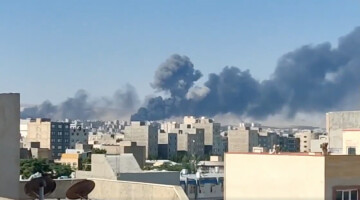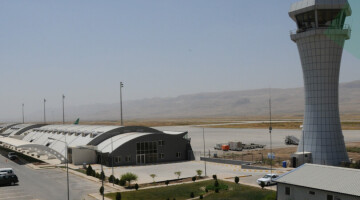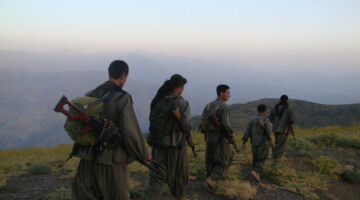Mikdat Mithat Bedirhan laid the first foundations of Kurdish journalism exactly 121 years ago on April 22, 1898 in Cairo, Egypt with the newspaper “Kurdistan”. The first issue was only 4 pages long and the paper was only able to be published for 31 issues. When it ended its short run on April 10, 1902, it wasn’t just 31 issues of 4 pages each. Its publication was a turning point for the Kurdish language. The day the first issue of the paper came out, April 22, was declared Day of Kurdish Journalism in the Kurdistan Region and Kurdish journalists in other countries assumed the day as well.
The newspaper Kurdistan lived on in European cities like Geneva and London. Issues 1 to 5 were published in Cairo, Egypt under extreme duress, issues 6 to 9 in Geneva, Switzerland, issues 20 to 23 in Cairo again, issue 24 in London, issues 25 to 29 in the southern English town of Folkston. Issues 30 and 31 were published in Geneva again.
2 of the 31 issues are still lost. 2.000 copies were printed of each issue and was distributed in secret in the region. The Ottoman Empire banned the newspaper and even readers were faced with punishment.
Despite all the pressure, obstacles and bans from that day to the present, Kurdish journalism has paid heavy prices to reach the readers.
Especially in the last 4 years, the pressures against the profession have made it harder every day to continue the work.
Journalist and writer Mihemed Salih Berzenci spoke to Rojnews about what Kurdish journalism has survived through and where it is at now. Berzenci said: “During the times of Kurdish resistances, only the newspapers were read. The newspapers were always there to inform the people. With works in poetry, articles and various other topics, the role of journalism increased.”
Berzenci said journalism needs to leave a positive effect on society and added: “In the past, there was only a few newspapers and journals but the role the media played in society was grand. All writers and readers would actually read and they would be aware of current issues. Right now, online newspapers and journals are more widespread, which has resulted in very few people still reading the papers published in a printing press.”
Berzenci criticized Kurdish journalism and said: “It was a big issue that there was no official gazette in the Kurdistan Region. The current newspapers are allied to the parties, so the journalists can’t work freely. The newspapers work according to the parties’ interests.”

